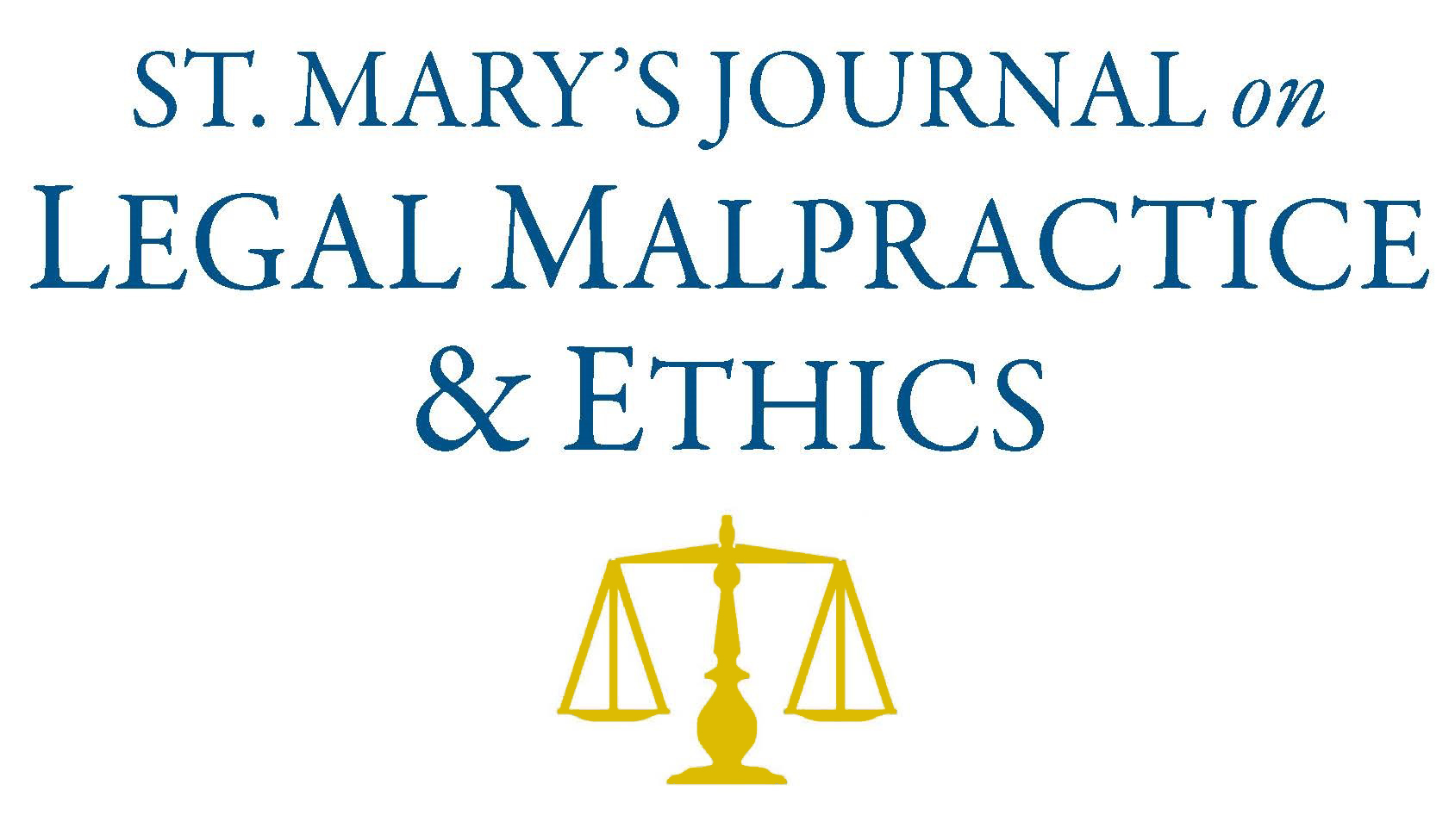
First Page
200
Date Created
1-1-2011
Publisher
St. Mary's University School of Law
Editor
Justin C. Roberts
Last Page
249
Abstract
Inadvertently sent e-mails that contain privileged information, material negligently included in a discovery response, or employer's documents taken by a whistle-blower all share a common theme-the materials were not intended to be disclosed to the opposing party. This Article makes two contentions. First, all unintended disclosures should be treated under a single standard that asks whether the privilege holder exercised reasonable care in maintaining the confidentiality of the materials. Second, with respect to the receiving lawyer's professional obligations, a lawyer who receives materials that may be privileged should be allowed to read the materials: (1) to determine whether the materials are privileged, and (2) to better argue to the court that the materials are not privileged. Reading the material should not result in a finding of improper behavior so long as the receiving lawyer: (1) notifies opposing counsel of receipt of the material, and (2) does not use the material until its status is clarified by the court.
Recommended Citation
James M. Fischer,
Ethically Handling the Receipt of Possibly Privileged Information.,
1
St. Mary's J. on Legal Malpractice & Ethics
200
(2011).
Available at:
https://commons.stmarytx.edu/lmej/vol1/iss1/5
Included in
Law and Society Commons, Legal Ethics and Professional Responsibility Commons, State and Local Government Law Commons

